My “rant” last month centered on retailers’ struggle with utilization of data harvested from their consumers, as I proselytized a shift in focusing that harvested data from the retailers’ benefit to the consumers (although the retailer would ultimately win, too). I’ve continued to ponder this until last week, when I stumbled into a world fueled by information collected on a global scale: Ancestry.com.
One of my friends has been plugging away at her family background on Ancestry.com for about a year now, and I have listened faithfully to her journey of discovery, as she has relayed her many triumphs and dead ends. I never really entertained this pursuit of ancestral knowledge, thinking myself secure in the fact that my family on both sides were such recent immigrants to this country that there really wasn’t much else to uncover. Oh, the naivety! I’ll get to that later, though.
Back in May, I got it in my head that I wanted to pursue Irish citizenship through my paternal grandfather. Probably spurred on in the wake of turning 50, but also understanding the advantage of working for an international firm, and facing empty nester status in about 14 months, it dawned on me that it may be fun to try living somewhere else for a little while. In the pre-Brexit world, this held a lot of opportunities. But who knows, it still might. Donning an uncharacteristically optimistic outlook, I decided to continue the pursuit. This was something I had wanted to do when I was younger, but as often happens, I recoiled from the arduous task of assembling the documentation required for the application.
But luckily, over the years, I have become the designated recipient of family photos and documents on both sides of the family as loved ones have passed. Somehow, everyone seems to realize I’m the family hoarder. This wealth of memorabilia, coupled with some random ancestry searches conducted and shared by other (still living) relatives over years, suddenly presented the opportunity to pursue the citizenship without undue burden to myself for the discovery. It suddenly seemed very obtainable and, therefore, much desired.
Anyone who spent time taking science classes knows that theories are only theories until they’re road tested. And what seemed like a slam dunk has proven rather challenging. While I managed to get my Irish grandfather’s birth certificate from Ireland in five days from placing the order online, it took seven weeks for the City of New York to tell me (by mail) they could not find his death certificate. I needed to supply them with more information to facilitate the search. And there it was like a beacon of hope: Ancestry.com.
I signed up for my free trial subscription, which will shortly be turning into a full paid subscription, because I am totally addicted. The first day I signed on, I had to force myself to log off and go to bed at 1 a.m. I had sat at my laptop for five hours straight (which felt like 20 minutes), with boxes of family memorabilia (and my dog) at my feet.
Advertisement
I focused on my paternal grandfather, and found his naturalization and citizenship applications, as well as a passenger log form his journey to the U.S. I got to see his signature. But I couldn’t find his social security record, although I found these for my father and his mother. Critical in the information path to obtain the death certificate, I found myself following links until I ultimately ended up on the U.S. Social Security Administration’s website to purchase his record. Fearing this may this be a dead end, and having found the reference for my paternal grandmother’s death certificate, I followed that trail to the New York City Vital Statistics website, where I ordered her death certificate with the new information I had secured through Ancestry.com. I figured, this way, I’m covered.
But what all this made me realize is that all data has a monetary value. As each of us lives, breathes and purchase a chai latte at Starbucks, every action ties back to a monetizable piece of information. It’s just a question of who will harvest it, and how will it be packaged for sale? It’s really quite phenomenal.
So, I’ll share with you my big reveal: My whole life, my sisters and I had been told that my mother’s side of the family had emigrated from Russia. Well, it turns out I’m actually Hungarian. That’s cool though – I’ve always wanted to go to Budapest. Now I have a very good reason to make the trip.
Kathleen Jordan, AIA, CID, LEED AP, is a principal in Gensler’s New York office, and a leader of its retail practice with over 24 years of experience across the United States and internationally. Jordan has led a broad range of retail design projects as both an outside consultant and as an in-house designer. She has led projects from merchandising and design development all the way through construction documentation and administration, and many of her projects have earned national and international design awards. Contact her at kathleen_jordan@gensler.com.
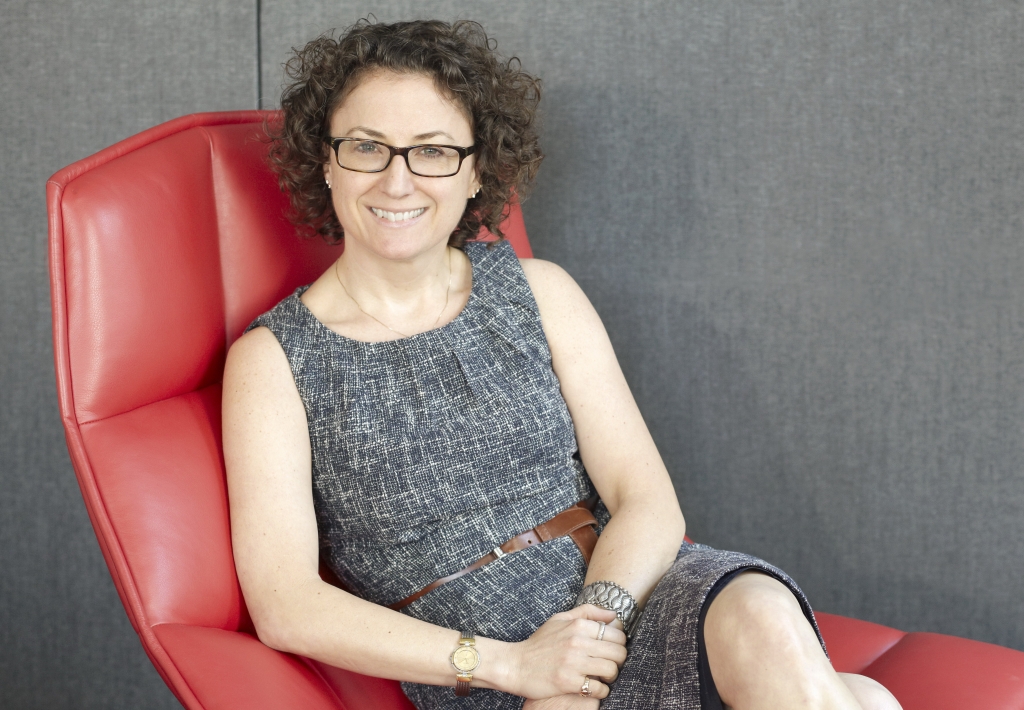
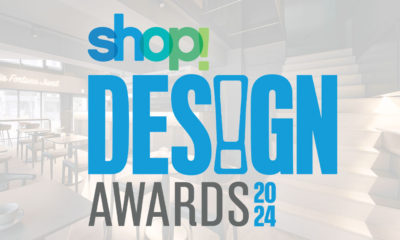
 Photo Gallery2 weeks ago
Photo Gallery2 weeks ago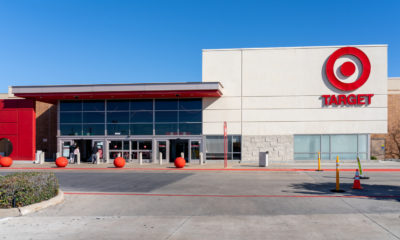
 Headlines6 days ago
Headlines6 days ago
 Headlines2 weeks ago
Headlines2 weeks ago
 Headlines2 weeks ago
Headlines2 weeks ago
 Headlines5 days ago
Headlines5 days ago
 Headlines2 weeks ago
Headlines2 weeks ago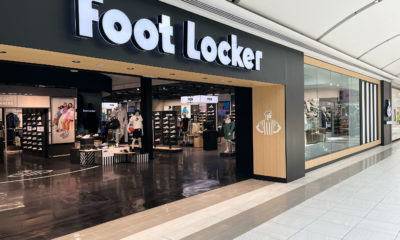
 Headlines4 days ago
Headlines4 days ago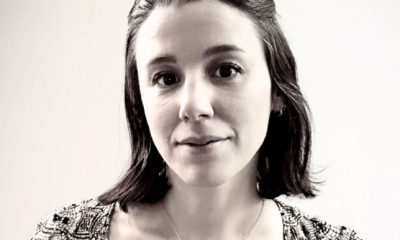
 Designer Dozen1 week ago
Designer Dozen1 week ago












